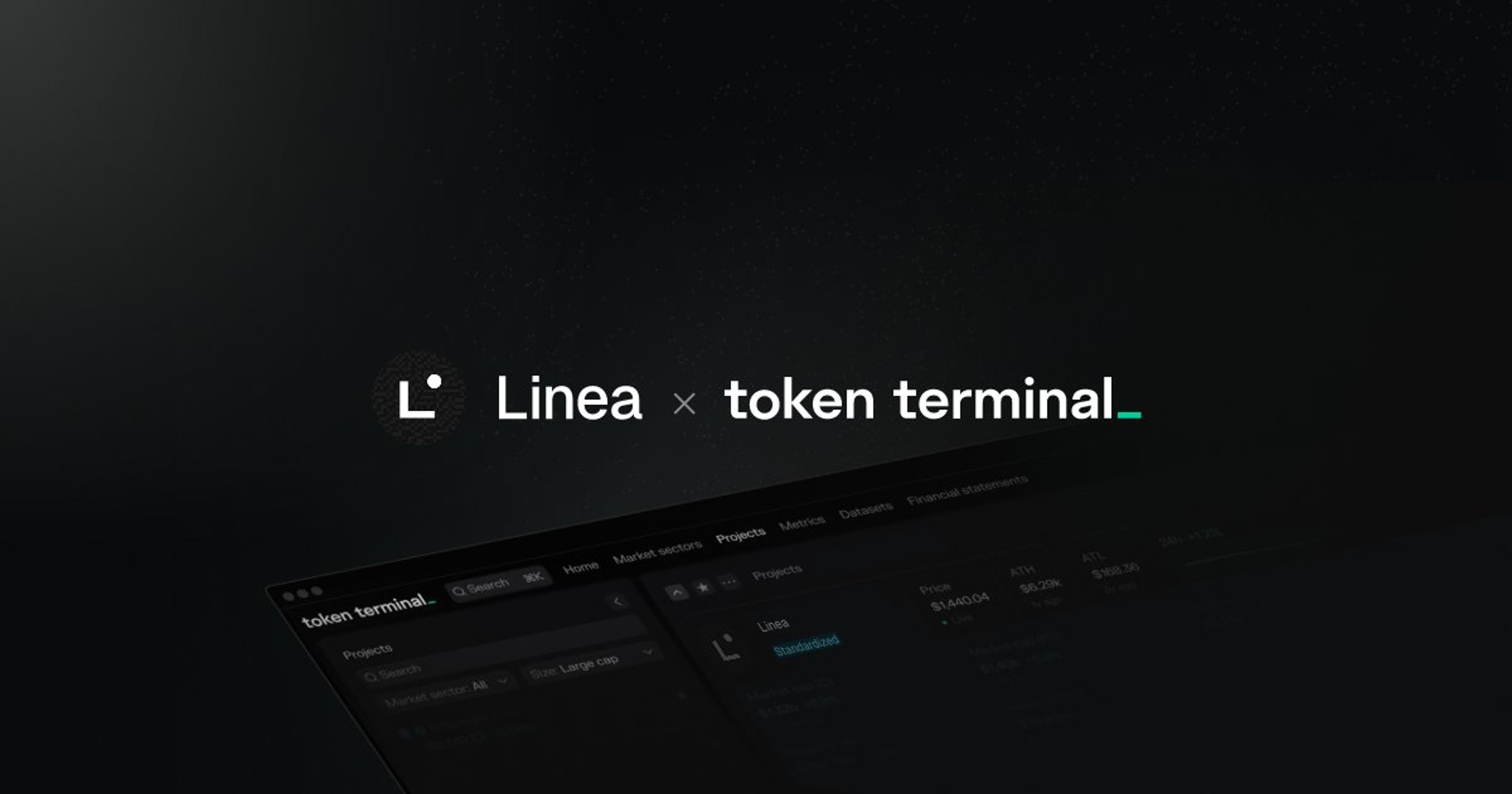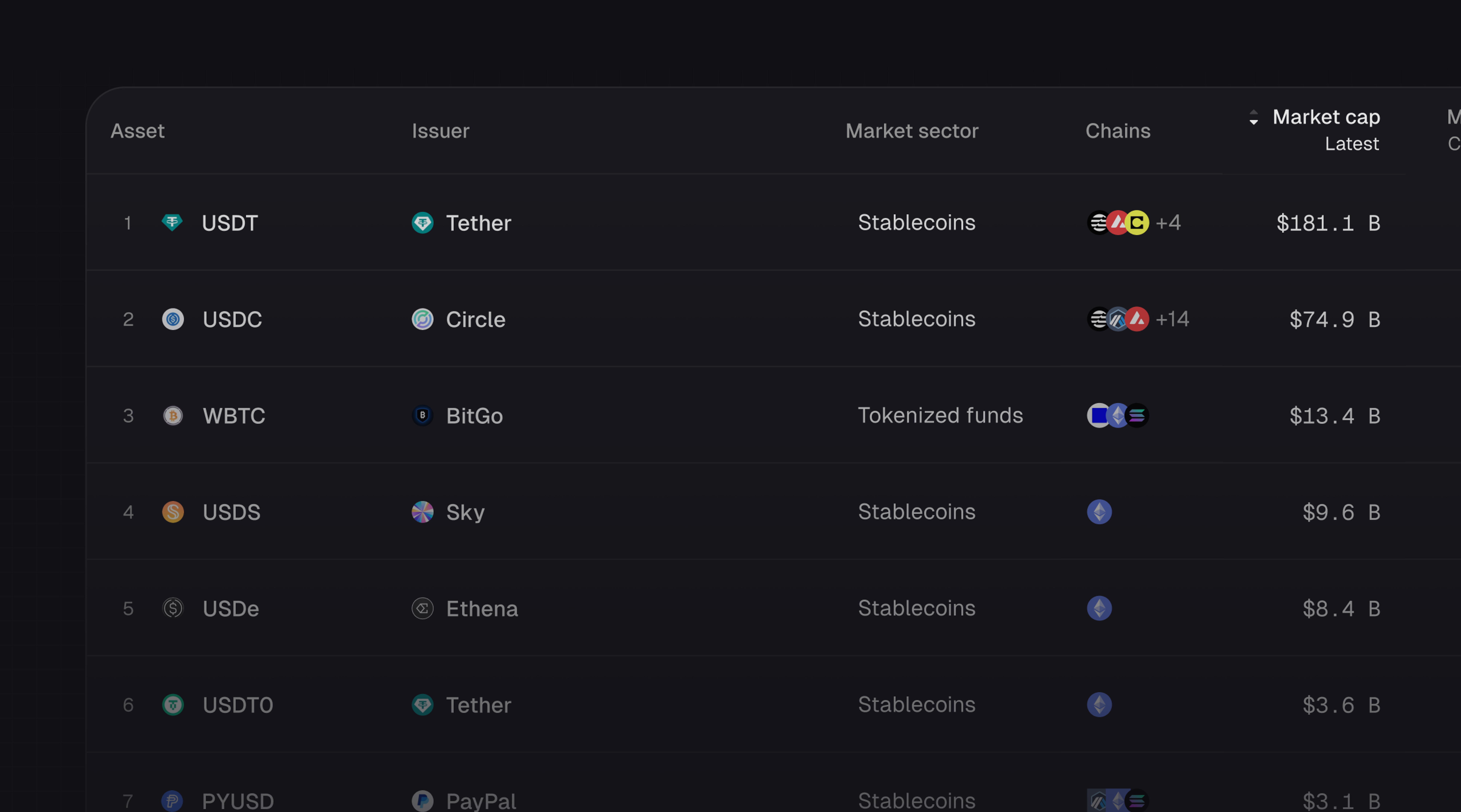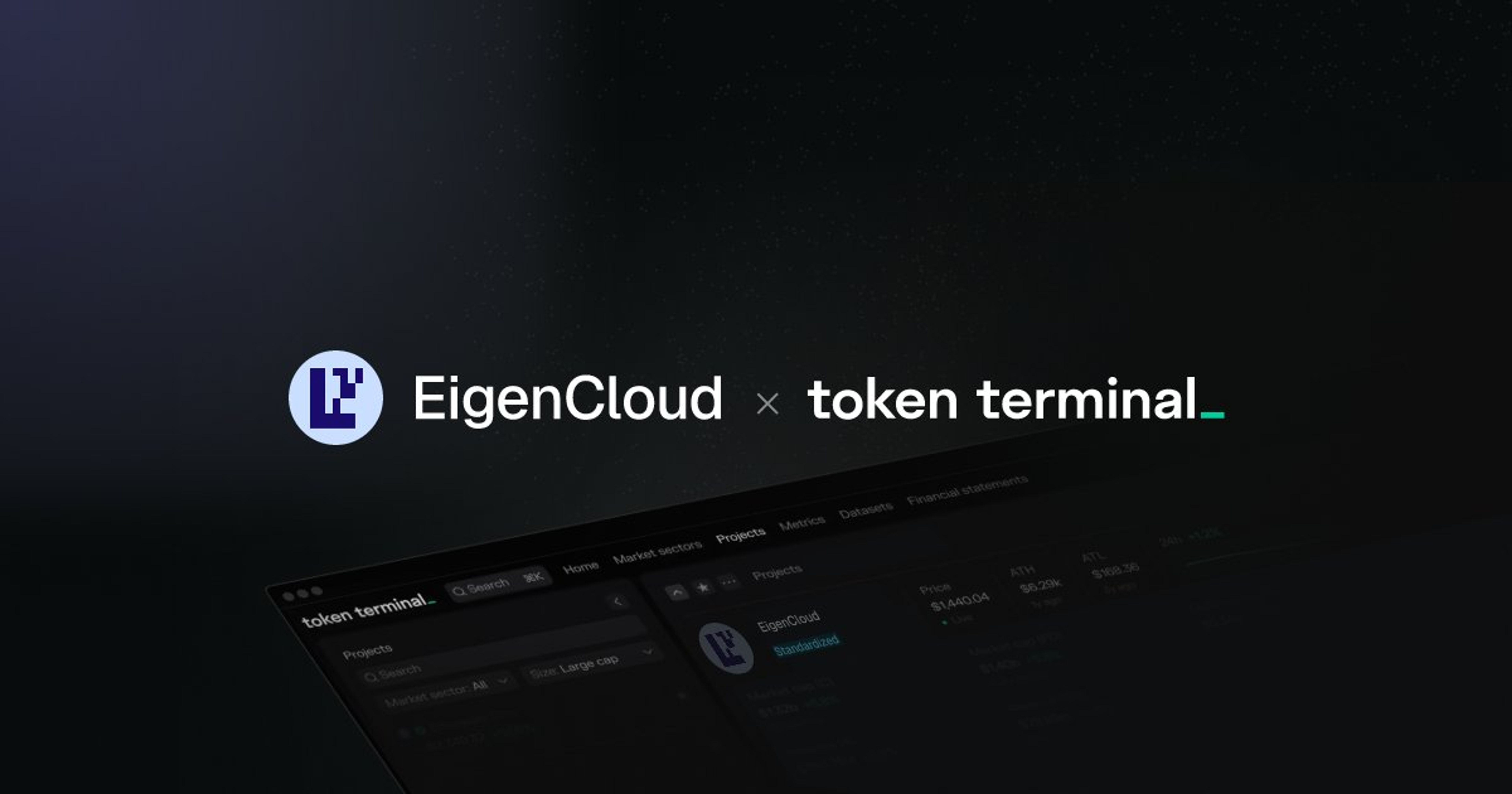Research
TL;DR: SKALE Network is an L2 scaling solution for Ethereum, primarily aimed for scaling smart contracts. SKALE enables the creation of…

TL;DR: SKALE Network is an L2 scaling solution for Ethereum, primarily aimed for scaling smart contracts. SKALE enables the creation of app-specific sidechains, which are secured by SKALE’s own validator set.
SKALE’s V1 mainnet launched 1st of July 2020.
Why SKALE? SKALE helps dApp developers speed up smart contract development and increase performance. SKALE is EVM-compatible and allows builders to make use of Ethereum’s existing developer tools.
How does SKALE work? The goal of SKALE is to enable dApps to access independent app-specific chains secured by SKALE’s validator set. In other words, app-specific sidechains purchase security from SKALE’s validator set.
What is SKALE’s business model? SKALE can be thought of as Ethereum-as-a-service. A dApp pays a subscription fee based on the resources it needs (computation, storage, bandwidth) from SKALE’s validator set.
How does SKALE connect to Ethereum? App-specific chains connect to Ethereum via the SKALE Manager smart contract that serves as the point of entry and exit. dApps deposit their tokens to the SKALE Manager smart contract, which mints corresponding tokens on the app-specific chain.
How are app-specific chains secured? Chains derive their security from the SKALE Manager contract, which is secured by a pool of randomly appointed and frequently rotated validators. Among the early signed up validators are ChorusOne, StakedUS, BisonTrails etc.
What is the role of the $SKL token? Validators stake $SKL in the SKALE Manager smart contract to earn fees and inflation rewards. Holders of $SKL can delegate their tokens to any validator in the SKALE network.
How can dApps start using SKALE? A dApp developer who wants to use SKALE has to:
- Decide how much additional capacity they need;
- Select the duration for the additional capacity; and
- Pay the subscription fee to the SKALE Manager contract’s validators.
Who controls the protocol? The SKALE network is currently governed by the non-profit N.O.D.E. Foundation. The goal is to transfer the ownership and control of the network to $SKL tokenholders over time.
Roadmap: A restricted mainnet (secured by validators who have run the testnet and gone through an onboarding process) was launched on 1st of July 2020. Staking and delegation will be live in Q3’20.
Token Terminal provides financial and business metrics on crypto protocols — metrics we’re used to seeing applied to traditional companies, e.g the P/E ratio. Crypto protocols operate like traditional businesses, only they do it directly on the Internet.
For more, check out Token Terminal’s newsletter, website and Twitter.
The authors of this content, or members, affiliates, or stakeholders of Token Terminal may be participating or are invested in protocols or tokens mentioned herein. The foregoing statement acts as a disclosure of potential conflicts of interest and is not a recommendation to purchase or invest in any token or participate in any protocol. Token Terminal does not recommend any particular course of action in relation to any token or protocol. The content herein is meant purely for educational and informational purposes only, and should not be relied upon as financial, investment, legal, tax or any other professional or other advice. None of the content and information herein is presented to induce or to attempt to induce any reader or other person to buy, sell or hold any token or participate in any protocol or enter into, or offer to enter into, any agreement for or with a view to buying or selling any token or participating in any protocol. Statements made herein (including statements of opinion, if any) are wholly generic and not tailored to take into account the personal needs and unique circumstances of any reader or any other person. Readers are strongly urged to exercise caution and have regard to their own personal needs and circumstances before making any decision to buy or sell any token or participate in any protocol. Observations and views expressed herein may be changed by Token Terminal at any time without notice. Token Terminal accepts no liability whatsoever for any losses or liabilities arising from the use of or reliance on any of this content.
Stay in the loop
Join our mailing list to get the latest insights!
Continue reading

Customer stories: Token Terminal’s Data Partnership with Linea
Through its partnership with Token Terminal, Linea turns transparency into a competitive advantage and continues to build trust with its growing community.

Introducing Tokenized Assets
Token Terminal is expanding its standardized onchain analytics to cover the rapidly growing category of tokenized real-world assets (RWAs) – starting with stablecoins, tokenized funds, and tokenized stocks.

Customer stories: Token Terminal’s Data Partnership with EigenCloud
Through its partnership with Token Terminal, EigenCloud turns transparency into a competitive advantage and continues to build trust with its growing community.